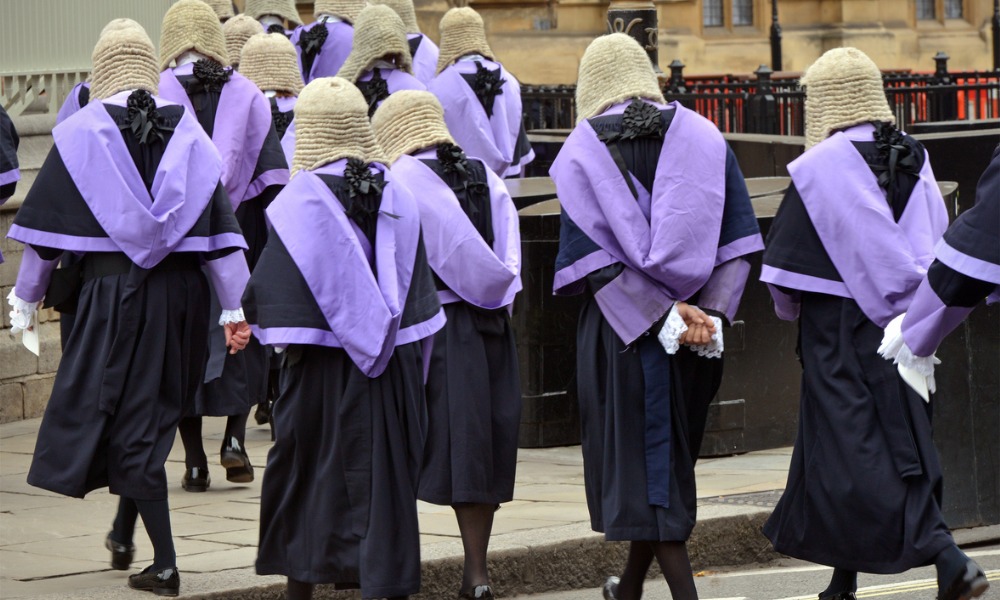
It highlighted the inadequacies of current laws and the challenges posed by social media

The UK Law Commission has proposed significant reforms to the law of contempt of court, which it describes as "disorganised and, at times, incoherent," The Law Society Gazette has reported.
In a comprehensive 500-page consultation paper, the commission highlighted the inadequacies of current laws and the challenges posed by social media on the administration of justice.
The commission recommended creating three distinct forms of contempt to address the current confusion and to enhance the legal framework’s clarity and effectiveness.
The first proposed category, "General contempt," would cover conduct that creates a substantial risk of non-trivial interference with the administration of justice or actual non-trivial interference. This would include publication and other conduct, accompanied by an intention to interfere or recklessly.
The second category, "Contempt by breach of court orders or undertakings," would apply to deliberate breaches where the person knew the facts that made their conduct unlawful.
The third category, "Contempt by publication while proceedings are active," would address publications with a substantial risk of seriously impeding or prejudicing proceedings where the publisher or distributor acted recklessly.
For all these categories, the commission proposes to retain the current maximum sentence of two years imprisonment. However, the commission is seeking views on whether imprisonment should be removed as an option when freedom of expression is involved and the defendant’s culpability is lower, such as in cases where there was no intent to interfere with justice.
Other key proposals include extending contempt protection and powers to tribunals, many currently not covered by existing laws. The commission also suggested expanding sentencing options to include community orders, such as unpaid work, drug or alcohol treatment, and restrictions on certain locations.
Additionally, the commission recommended that a contempt finding should not be recorded on the Police National Computer or appear on a criminal records check, as contempt is not a criminal offence.
The commission also seeks views on whether criminal proceedings should be considered "active" from the point of arrest or when a person is charged. This change could impact what the media can report during criminal investigations.
Professor Penney Lewis, the commissioner for criminal law, emphasized the importance of clear and fair laws governing contempt. "It is important that the laws governing contempt are both fair and clear to provide justice for all those involved in court proceedings. This includes not only the parties involved but those observing or reporting on proceedings," Lewis said.
The consultation period is open until November 8.